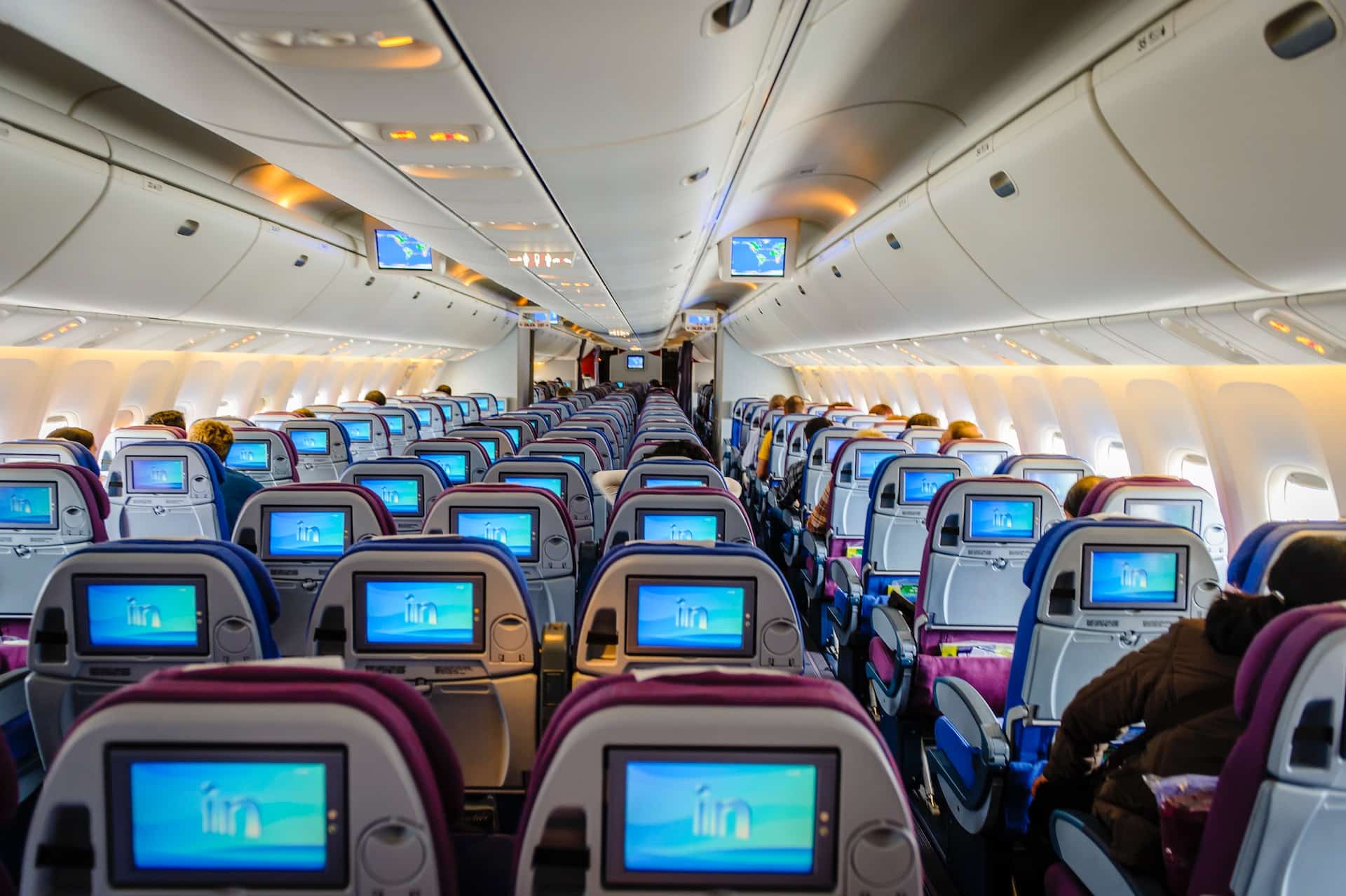Business trips are often an essential aspect of many professions. They can be exciting opportunities to travel to new places, meet new people, and experience different cultures. To make the most out of your business travel and avoid the common pitfalls, it’s crucial to plan and prepare adequately. A business trip, while typically short, is almost always eventful, meaning that your days will be packed with meetings, presentations, and other work-related activities. For this reason, packing is vital to a successful business trip.
While packing is easy enough, the tricky part is knowing what to pack because you don’t want to overpack or forget essential items. Conversely, packing is a personal preference, and what you pack will depend on the nature of your trip, the length of your stay, and the destination you are headed to.
To help you pack for your next business trip, here are some practical tips:
#1 – Pack the Essentials
When it comes to packing for a business trip, it’s essential to pack the essentials. These include clothing appropriate for business meetings and events, toiletries, and other personal items. Before you start packing, list everything you need and prioritize them based on importance.
For example, if you have a meeting or conference, pack appropriate attire, such as a suit or blazer. If you’re unsure what the dress code is, it’s better to be cautious and dress more formally. Remember to pack comfortable shoes for walking around or standing for extended periods.
As for toiletries, pack travel-sized items, such as toothpaste, shampoo, conditioner, and deodorant, to save space and comply with TSA regulations. Place them in a clear plastic bag for easy access during security checks.
#2 – Have a Backup of Your Travel Documents
Travel documents are an essential part of any business trip. They include your passport, visa, and other identification documents. It’s crucial to have backups of these documents in case of loss or theft. Make copies, and store them separately from the originals, such as in your hotel safe or with a trusted colleague. Alternatively, you can take a picture of them using your phone as a simpler measure.
#3 – Charge Your Gadgets before Your Journey
Gadgets such as laptops, smartphones, and tablets are essential for business trips. Ensuring they are fully charged before you start your journey is vital. Bring chargers and power banks, and pack them in your carry-on bag.
#4 – Opt for an Early Check-in
Early check-in can make your business trip less stressful. It gives you time to settle in, freshen up, and prepare for meetings or events. If your travel schedule allows, opt for an early check-in to reduce the stress of rushing around.
#5 – Choose Your Hotel Location Wisely
Choosing the right hotel location can make a big difference in your business trip. You want to be close to your meetings or events, but you also want to be in a safe and comfortable area. Research the area before booking your hotel and read reviews from other travelers.
You should choose a hotel within walking distance or a short taxi ride from your meetings or events. This will save you time and stress, especially if you attend multiple daily meetings. Additionally, consider the amenities and services offered by the hotel, such as a business center, free Wi-Fi, and a fitness center. These can help you stay productive and relaxed during your trip.
#6 – Bring a Medical Kit
A medical kit can be a lifesaver when traveling, so bring basic supplies such as painkillers, bandages, and antiseptic cream. You never know when you may need them, and it’s better to be prepared.
You can also bring medications you regularly take or prescriptions you may need during your trip. Pack them in their original packaging and carry a copy of your prescription. It’s also a good idea to research medical facilities in the area you will be traveling to in case of an emergency.
#7 – Get Travel Insurance
Travel insurance is crucial when traveling, especially internationally. It can protect you from unexpected events such as flight cancellations, lost luggage, medical emergencies, etc. Read the policy carefully and understand what is covered and what is not.
Some travel insurance policies also offer emergency medical coverage, which can be helpful if you need medical care while abroad. Research and compare different policies to find one that suits your needs and budget. It’s better to be safe than sorry, so don’t skip out on travel insurance.
Conclusion
Packing for a business trip is tricky, but it can still be done. Even if you’re a frequent traveler, you must take the time to plan and pack carefully to avoid any unnecessary stress or issues while on your trip. This way, your business trip will be more productive and enjoyable.
Globeo provides top-quality services for corporate lodgings in Texas. We offer only the best lodging solutions for workers with access to their places of work spread across our diverse network of partner hotels. Call us today at (866) 645-8400 to request a free demo!










